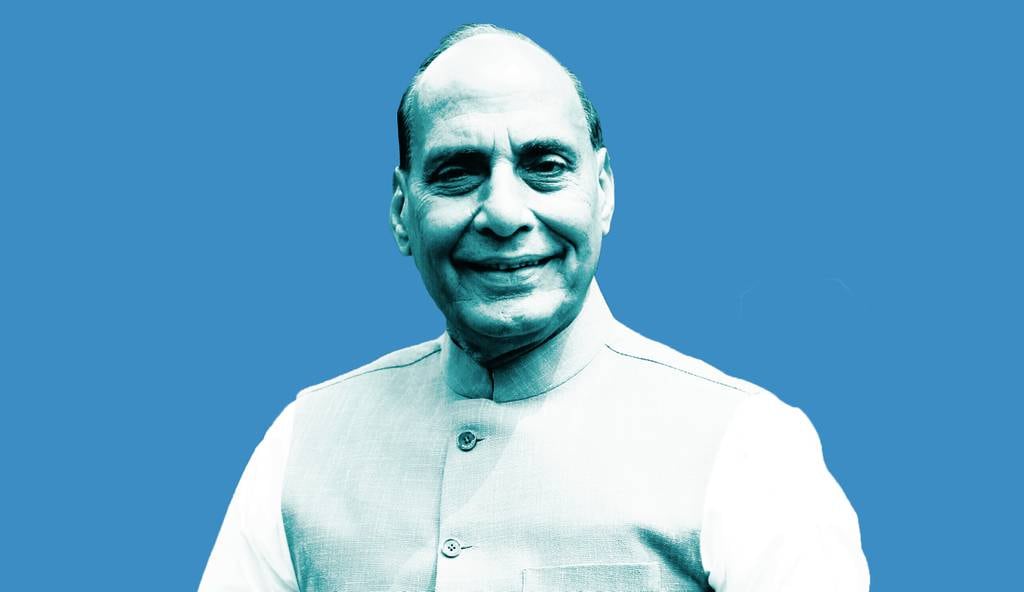Saintkatanalegacy, thanks.
However, this is a rather overwrought article - the end of the third paragraph :

- it misses the point that the Japanese in the 1980s were very successful at protecting their industries they just didn't call it protectionism. It might ring true if American vehicle manufacturers (for instance)were able to market their goods in Japan with the same level of freedom that Japanese manufacturers marketed their goods in America. Foreign vehicles entering Japan had to undergo a battery of tests so intrusive that they significantly raised the price of the vehicles.
(I seem to recall reading somewhere that Reagan planned to pass legislation that would see Japanese goods undergo the same kind of testing when exported to America as American goods had to undergo when exported to Japan. This was all well and good until the Japanese showed Reagan who was boss by threatening not to purchase American debt. Anyone else remember this?)
In Japan there is a well established and fashionable kind of writing called Nihonjinron that claims to examine the distinctiveness of the Japanese people. Much of it consists only of fictitious justifications for Japanese commercial protectionism. For instance the claim that foreign cars are too big for Japanese roads, that foreign towels are too rough for Japanese skin, that foreign shampoos would not work on Japanese hair and that foreign beef could not be digested by Japanese stomachs.
Generally speaking, in the 70s and 80s while the West was banging the free-trade drum, nothing of the kind was happening in the East. Korea built a steel and shipbuilding industry on government subsidies. Even now the Chinese are manipulating the value of their currency to keep the cost of their goods down.
Which brings us to aircraft - wasn't Airbus heavily subsidised by European governments? Is subsidy the only way for an aircraft industry to prosper long term?
Thinking of the British case, though WW2 meant huge orders for the UKs aircraft manufacturers, the government fixed the prices so profits were poor (a kind of anti-subsidy). American manufacturers didn't suffer the same indignity so finished the war flush with money.
I don't know, I'm no economist, I support free trade but if only one side is doing it, it ain't free.
Any one else want to weigh in?

